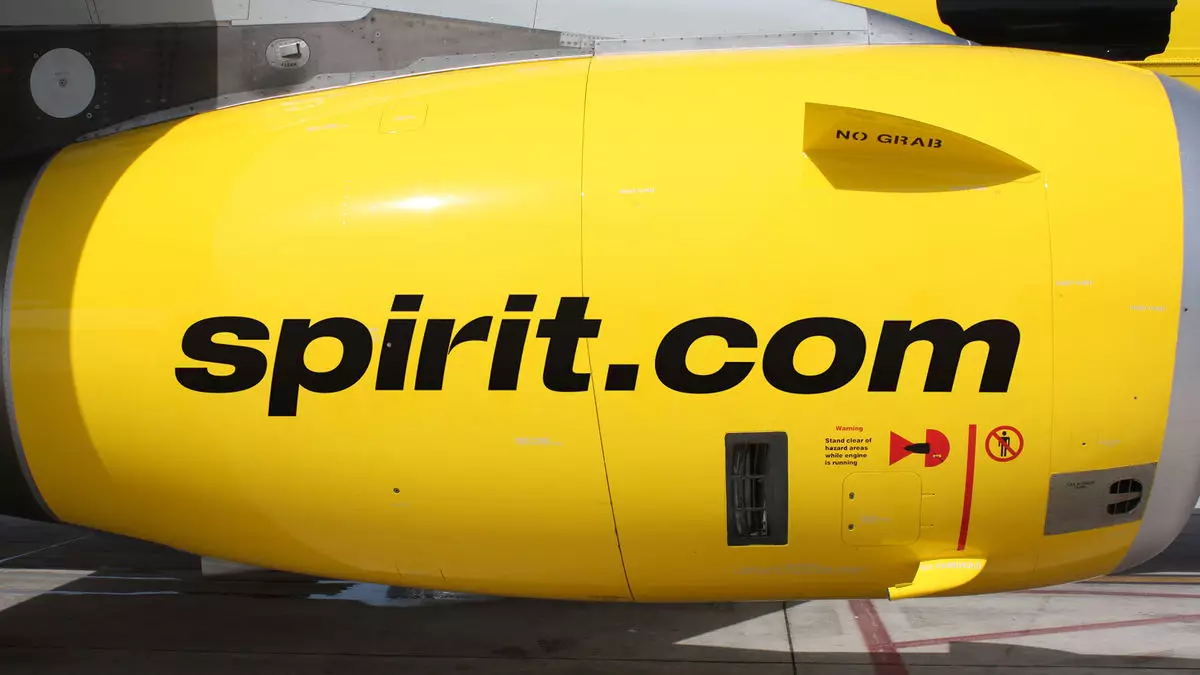In a significant move within the aviation industry, Spirit Airlines has once again dismissed a buyout proposal from Frontier Airlines. Frontier’s latest bid, announced on February 4, mirrored a previous offer made on January 7 but was deemed insufficient by Spirit’s management. The proposal promised $400 million in new debt and a 19% stake in Frontier’s common equity for Spirit stakeholders. However, it notably omitted a required $350 million equity investment that was part of Spirit’s restructuring plan, currently underway under Chapter 11 bankruptcy protections. This decision speaks volumes about Spirit’s commitment to its restructuring strategy and indicates broader market sentiments regarding valuation, survival, and corporate governance.
Spirit Airlines finds itself navigating a complex landscape as it undergoes a Chapter 11 restructuring process initiated in November. With a bankruptcy judge set to review Spirit’s plan on February 13, the management seems resolute in pursuing its strategic roadmap despite courting acquisition prospects. By rejecting Frontier’s proposal, Spirit underscores its belief in the strength of its reorganization plan, suggesting that stakeholders will achieve more value through internal recovery efforts than they would through a merger with Frontier. This stance reveals a level of confidence in Spirit’s existing operational frameworks, which is vital in maintaining stakeholder trust and securing future business viability.
Frontier Airlines, represented by CEO Barry Biffle and Chairman Bill Franke, responded to Spirit’s counterproposal by stating that the removal of the $350 million equity rights offering constituted a significant concession. However, they did not entertain further negotiations on the deal’s commercial terms. This reaction hints at Frontier’s strategic positioning in a competitive market; by sticking to its guns, Frontier aims to maintain financial prudence while simultaneously seeking growth through acquisitions. The current aviation landscape illustrates a precarious balance between survival and expansion, as airlines evaluate not only their financial health but also the value of potential mergers in a post-pandemic recovery phase.
As Spirit Airlines forges ahead with its restructuring plans, it anticipates emerging from bankruptcy by the end of March. The recent history of acquisition offers, particularly the failed $2.9 billion merger with Frontier—which fell apart in favor of a competing offer from JetBlue—exemplifies the volatility within the sector. However, as the Justice Department intervened to block the JetBlue deal earlier this year, Spirit is left to reassess its strategic direction. The ability to withstand external pressures and focus on internal restructuring could ultimately determine Spirit’s long-term viability in the competitive airline market.
This scenario prompts industry observers to closely monitor Spirit’s forthcoming moves and the potential for future acquisitions or strategic partnerships. In a rapidly evolving industry, adaptability and foresight remain crucial for survival amidst uncertainties. The journey ahead for Spirit Airlines might well reflect broader trends in corporate finance, stakeholder engagement, and strategic maneuvering within the airline sector.

